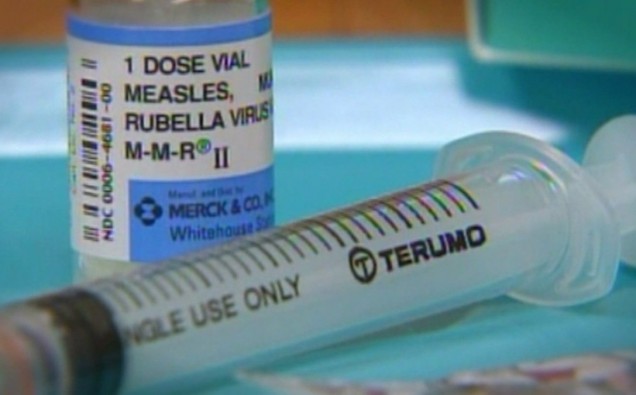Measles cases have risen by 400% in Europe during 2017, affecting more than 20,000 people and causing 35 tragic deaths as stated by the World Health Organisation.
Fifteen European countries, including the UK, saw outbreaks of the deadly virus over the duration of last year with countries such as Romania, Italy and Ukraine being the most affected. This is a major step backwards following a record low is measles cases in 2016.
Experts have suggested that opting out of vaccinations is a big part of the problem, with the WHO stating that there have been overall declines in immunisation coverage, particularly amongst marginalised groups. Alongside this, interruptions in vaccine supplies and underperforming disease surveillance systems have also been blamed.
Dr Zsuzsanna Jakab, from the WHO, said: “Every new person affected by measles in Europe reminds us that unvaccinated children and adults, regardless of where they live, remain at risk of catching the disease and spreading it to others who may not be able to get vaccinated. This short-term setback cannot deter us from our commitment to be the generation that frees our children from these diseases once and for all.”
282 cases were recorded in the UK in 2017 and at the end of January 2018, there were 51 confirmed cases in the West Midlands alone.
The highly infectious, viral illness can be prevented by the MMR vaccine that is given to infants over two doses, which can also be given to previously untreated adults.
Measles symptoms include a runny nose, sneezing, coughing, red eyes, a high temperature and a red-brown blotchy rash.


















